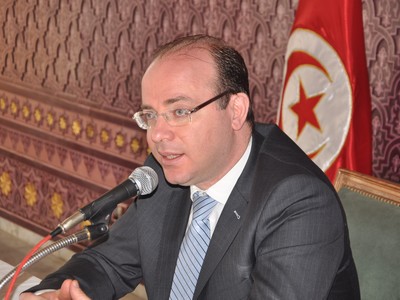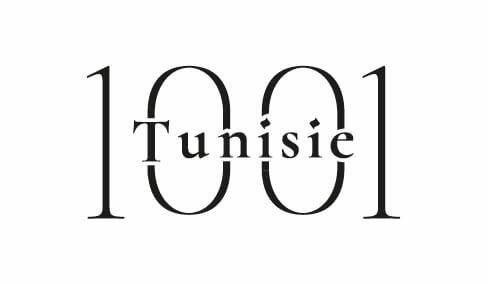
Asked repeatedly for months about the danger of violence and specifically that related to politics, Elyes Fekhfekh tended to relativize: “The greatest danger is to present a false aggressive image of Tunisia , as the country’s reality. It must be tough with excesses and verbal or physical abuse. ”
The government’s priorities were also likely to cause the situation to deteriorate and this representation, although relative, sticks now and strongly in Tunisia.
Fear that has set in, fears that the situation raises and hate speech that have for weeks been accompanied by physical violence are real. Hopefully it is only the management of the image of Tunisia, which is catastrophic and not its image!
The escalation of violence has had the skin of Tunisian tourism. It has not yet recovered from media coverage related to the rape of the young woman by police that it is added to the case of the descent of the police in a Hammamet hotel. With Tataouine, this is a new course that is crossed. There has been loss of life. And Tunisia sees itself ranked in a category increasingly dangerous for its tourism.
Moreover, the situation is so alarming that even social demands are the reasons for cancellation. Tourism Minister gave the example incidents Djerba: “These are social demands that have nothing to do with politics yet they are not without consequences on tourism in the island.” When the worm is in the fruit, we’d be tempted to say! Numerous cancellations have indeed been reported on the side of Mahdia by deputy of the ANC Issam Chebbi following the events of Tataouine.
On the government side, some ministers of the Troika are trying to blame the UGTT because of its “anarchic strikes.” Belgacem Ayari, deputy secretary general to the UGTT, in charge of the private sector said on a TV studio a few days ago: “Tourists are not afraid of strikes. They live and respect the union traditions. It is the terrorism and political violence that scares them away. ” The word is out Terrorism! What future does the future hold for the sector? Well beyond that which is Tunisia?
Tourism Minister, who, at that time, did not skimp on the arguments to reassure and encourage tourists to return, allowed himself attemptedly to report on RMC: “You have more Salafists in France that we have in in Tunisia … We did not focus on it! “.
He particularly said that “those who disrupt the progress of Tunisia towards democracy are by no people of Ennahda. Ennahda is in power. It shares power with the democratic parties which are Ettakatol and CPR. Ennahda wants to succeed with partners who have chosen to manage this delicate phase “.
Then a question arises: Have they managed better or is it only the image of their management went wrong?
Amel Djait
{mainvote}

 َAbonnez-vous
َAbonnez-vous

